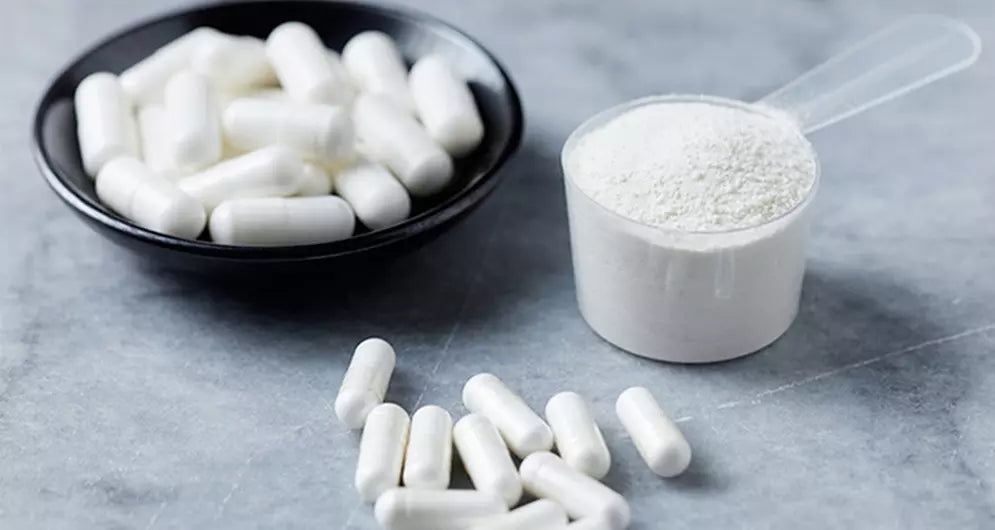Collagen was formerly perceived as an ingredient exclusively within the beauty industry. It was predominately used in the cosmetic industry to help maintain skin integrity and minimize appearances of aging, however collagen is shifting from beauty to sports nutrition and lifestyle. Today, collagen is embraced by fitness-focused healthy adults, exercise enthusiasts, elite athletes, endurance athletes, team sports athletes, strength and physique athletes. Collagen is quickly gaining recognition in the world of performance and for good reason. Take a look at how collagen plays a role in performance.
Supporting Joint Health
Healthy joints are used to perform physical exercise movements like stretching, lunging and jumping.
Not only do healthy joints help us move in active lifestyles and sport, but they help us move through everyday life. As we’ve learned, collagen production naturally declines with age. Production can also be impacted based on our environment, lifestyle and activity. A decrease in collagen can potentially impact density in connective tissues, tissue integrity and range of motion.
Joint Health and Collagen
So you may be asking, “what does collagen have to do with joints? Well, collagen is involved in overall joint health, because bones and connective tissues are made up on collagen. Collagen has many bodily structural properties, but it also contributes to mechanical properties. Since collagen is a key protein type found in connective tissues – it’s important to consider how to support collagen synthesis. Look for collagen type II and III to help support overall joint health.
For our runners, jumpers, swimmers and more out there – you may want to keep an eye out for collagen types II and II. To help support collagen synthesis, consume in combination with vitamin C. Want to learn more? Check out part six on supplementation.





